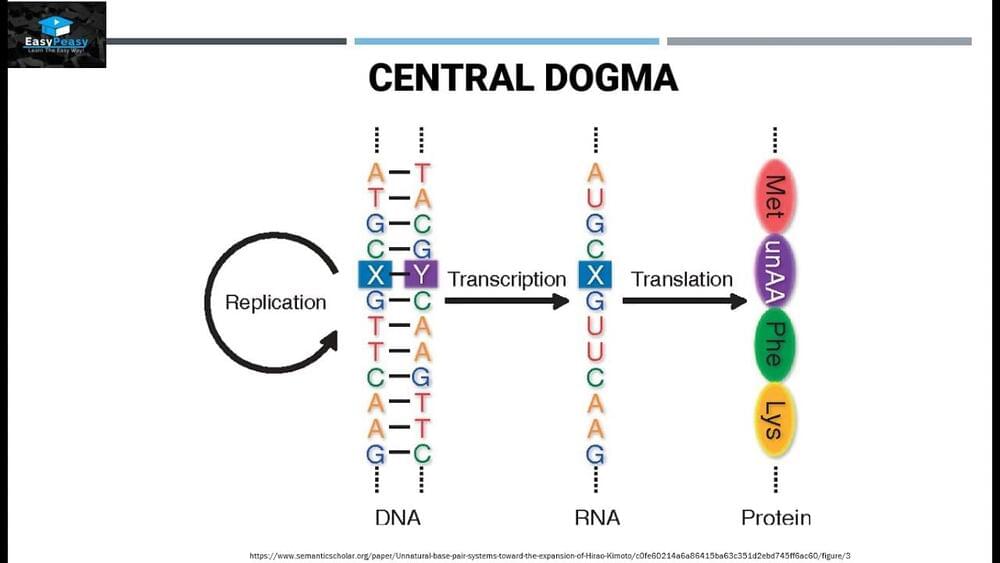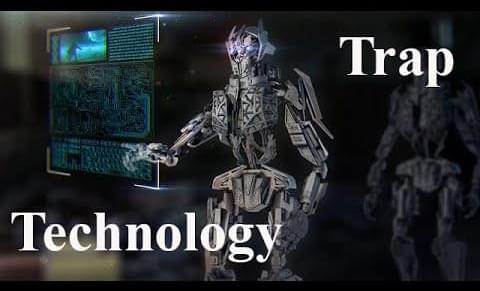The central dogma of molecular biology explains the flow of genetic information, from DNA to RNA, to make a functional product, a protein.
This Video Explains Central Dogma.

The central dogma of molecular biology explains the flow of genetic information, from DNA to RNA, to make a functional product, a protein.
This Video Explains Central Dogma.
An Interview with COO Dijam Panigrahi.
“a unified and shared software infrastructure to empower enterprise customers to build and run scalable, high-quality eXtended Reality (XR) – Augmented Reality (AR), Virtual Reality (VR) and Mixed Reality (MR) – applications in public, private, and hybrid clouds.”
What does that all mean?

“We are starting to help patients in ways that we did not think were possible,” Thomas Oxley (Mount Sinai Hospital, New York, USA) tells NeuroNews, referring to the potential of brain-computer interface (BCI) technology. Alongside his role as a vascular and interventional neurologist, Oxley is chief executive officer of Synchron, developer of the Stentrode motor neuroprosthesis. The Stentrode is an implantable BCI device that, according to Oxley, is the first of its kind to be in the early feasibility clinical stage in the USA following US Food and Drug Administration (FDA) approval of Synchron’s investigational device exemption (IDE) application last month. Speaking to NeuroNewsfollowing a presentation on the topic at the Society of NeuroInterventional Surgery’s 18thannual meeting (SNIS; 26–29 July 2021, Colorado Springs, USA and virtual), Oxley gives an overview of the COMMAND early feasibility study, anticipates key results, and considers more generally how BCI technology could shape the future of deep brain stimulation.

Cosmologist, noted author, Astronomer Royal and recipient of the 2015 Nierenberg Prize for Science in the Public Interest Lord Martin Rees delivers a thought-provoking and insightful perspective on the challenges humanity faces in the future beyond 2050. [3/2016] [Show ID: 30476]
Frontiers of Knowledge.
(https://www.uctv.tv/frontiers-of-knowledge)
Continue reading “Looking Beyond 2050 — On Earth and in Space with Lord Martin Rees” »

Anything not forbidden is mandatory quote by TH white once and future king.
An exploration of the notion that extinction by unforeseen means is a solution to the Fermi Paradox and that all civilizations in the universe blunder into extinction without seeing it coming.
Continue reading “Fermi Paradox: The Great Filter is Near” »

An exploration of alternative SETI messages that may not say hello.
https://www.patreon.com/johnmichaelgodier.
Continue reading “10 SETI Messages That We May Not Want to Receive” »
An experimental drug restored brain synapses in two mouse models of Alzheimer’s disease, raising hopes that it could help revive cognitive function in human dementia patients, Yale University researchers report June 1 in the journal Science Translational Medicine.
While much research in Alzheimer’s has centered on reducing levels of beta-amyloid plaque in the brain that is a hallmark of the disease, recent studies have suggested that immune system response in the brain also plays a role in memory loss in patients.
Some scientists now believe that cognitive decline in Alzheimer’s patients results from a loss of synaptic connections between neurons caused by a steady accumulation of beta-amyloid protein in the brain which in turn unleashes a chronic immune system response to the intruder. The end stages of the disease lead to the death of neurons.
